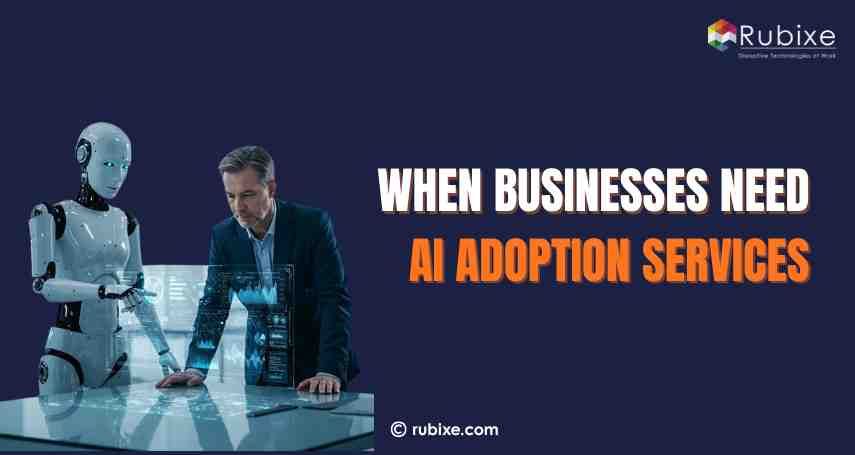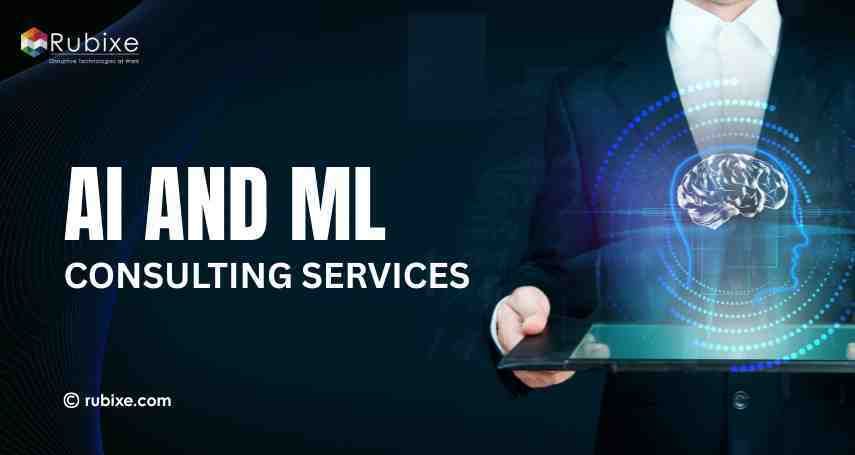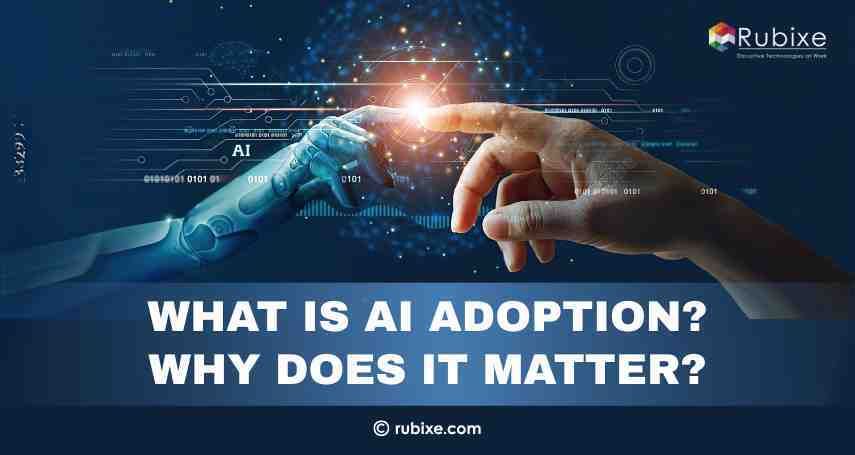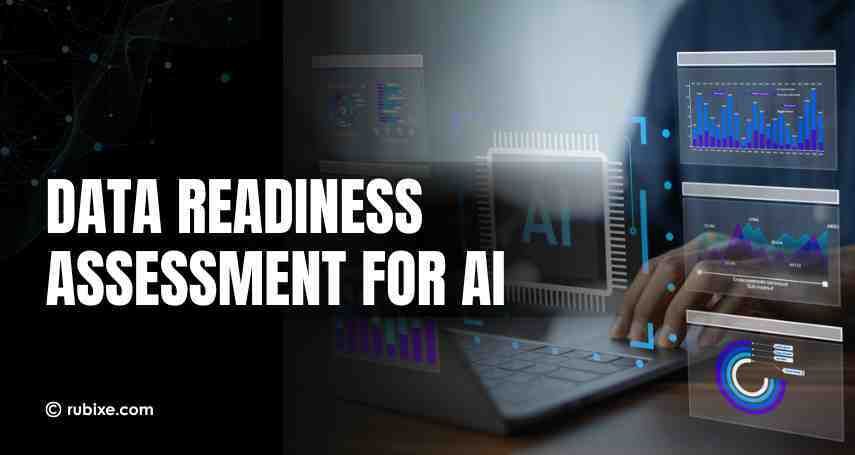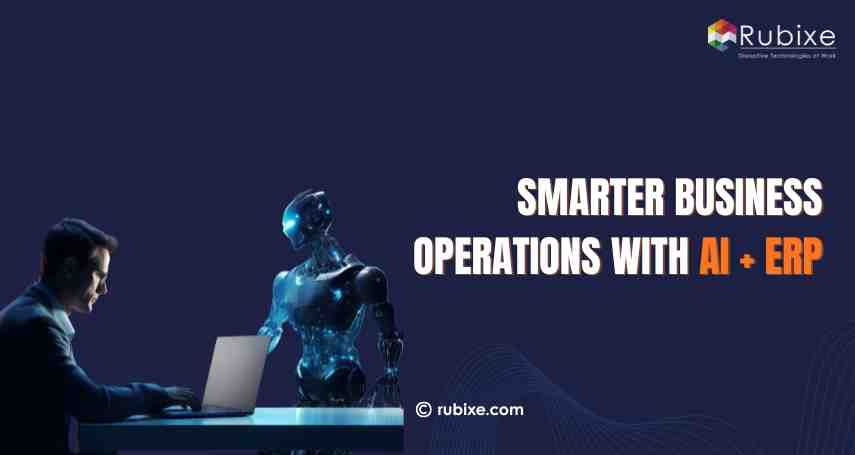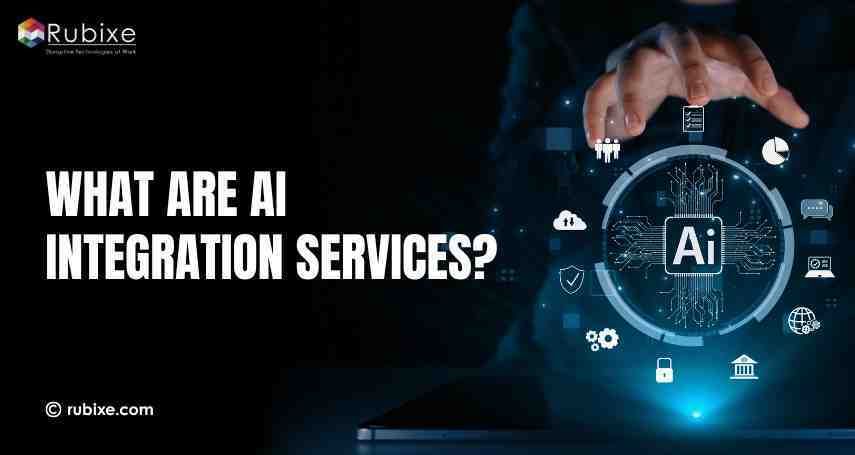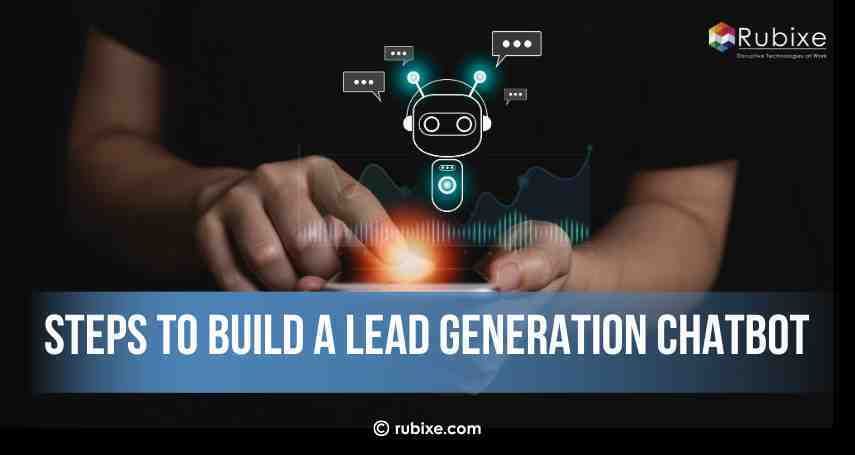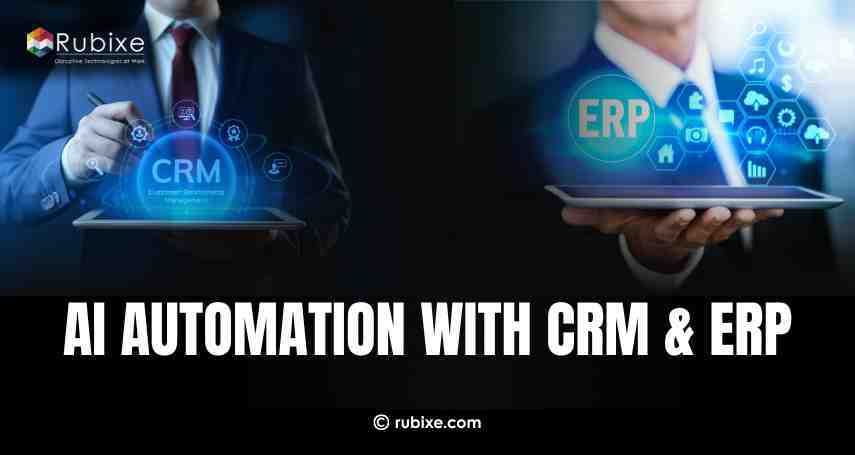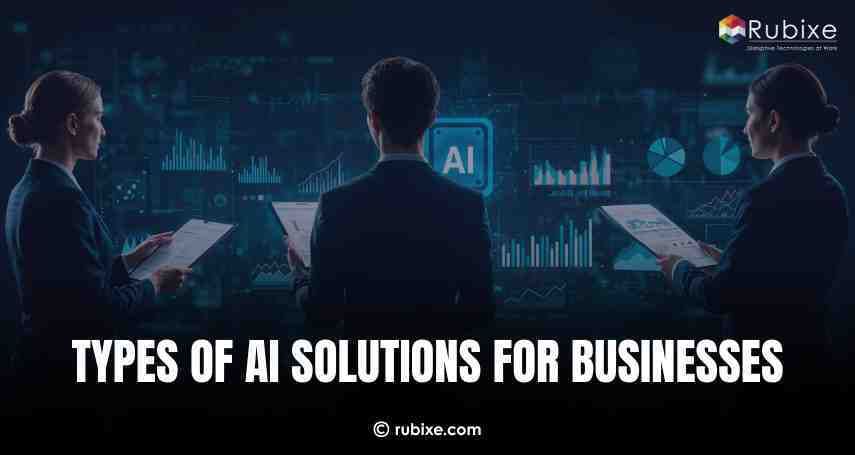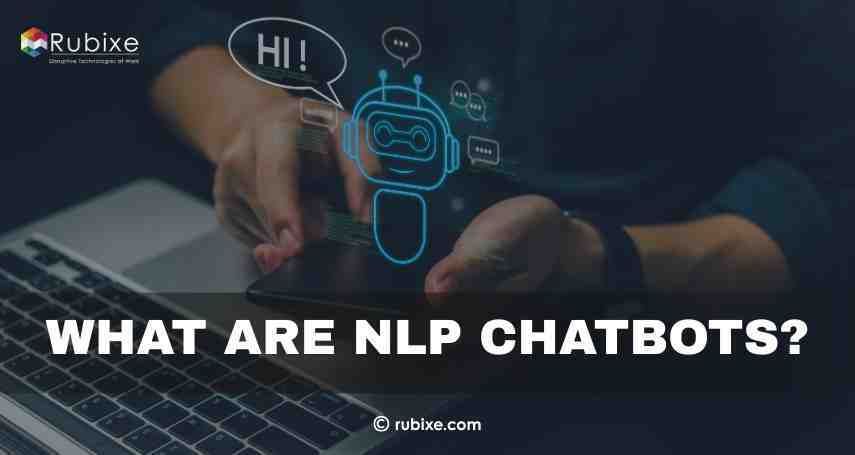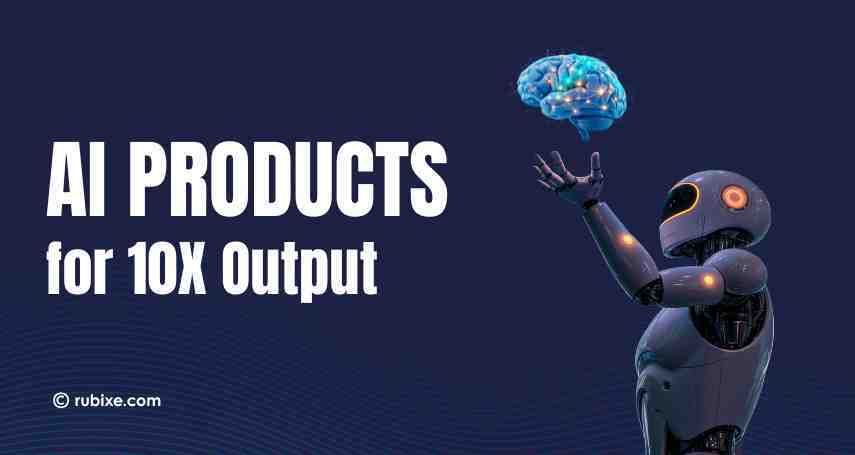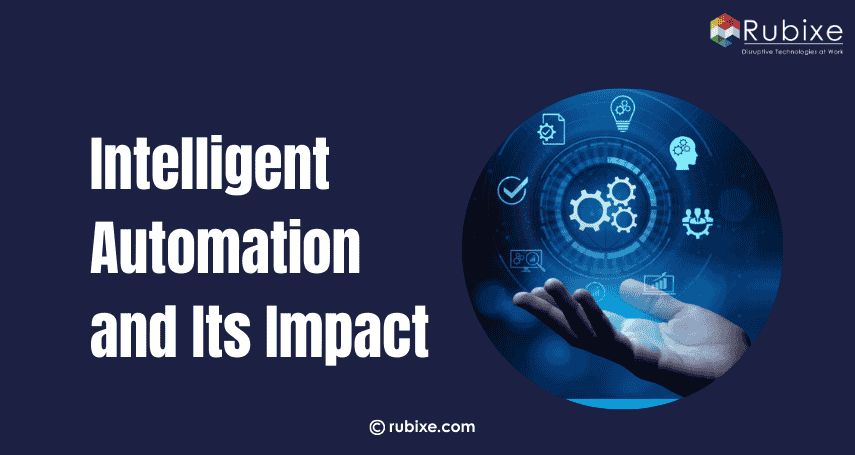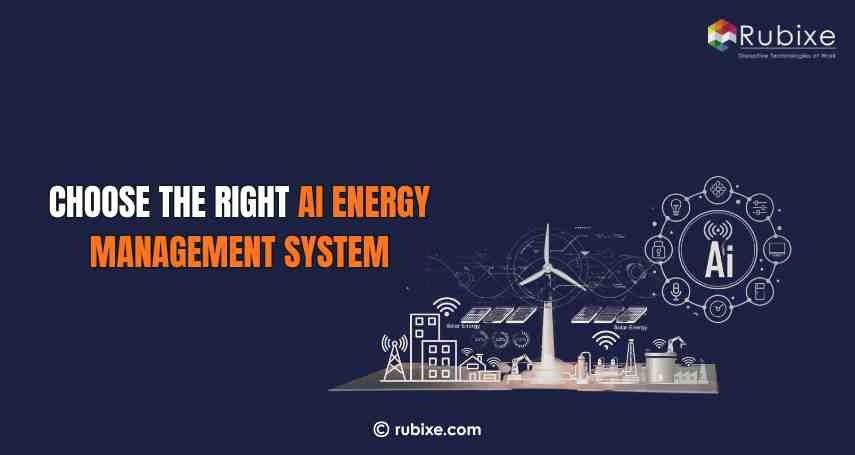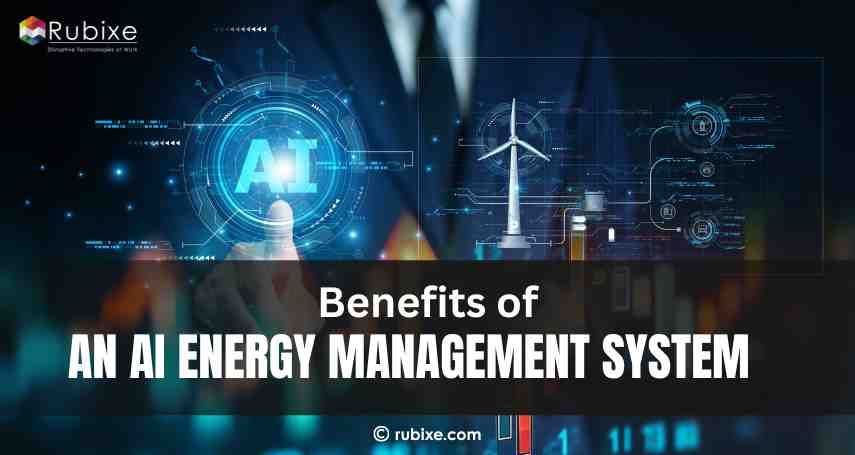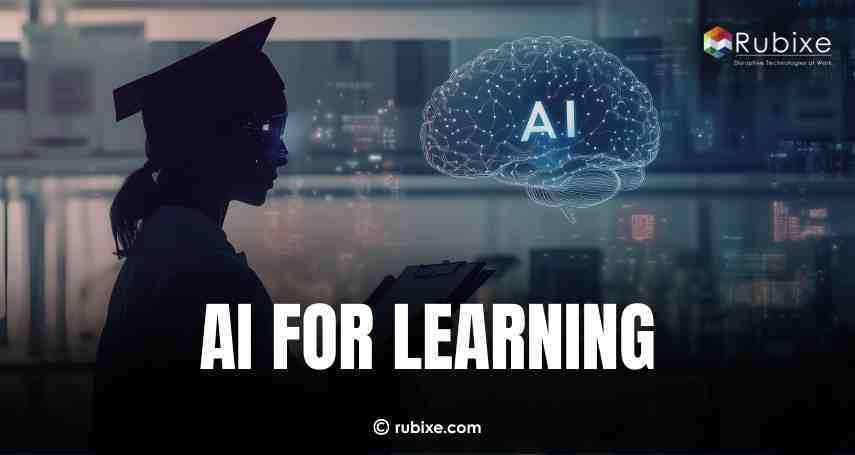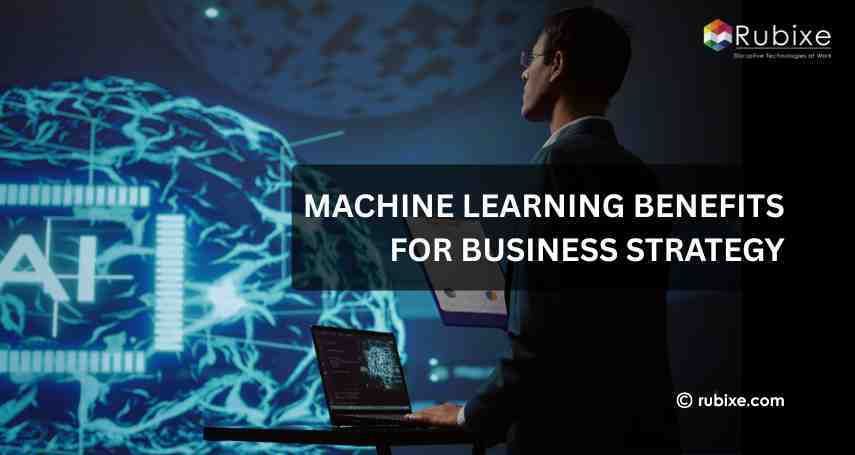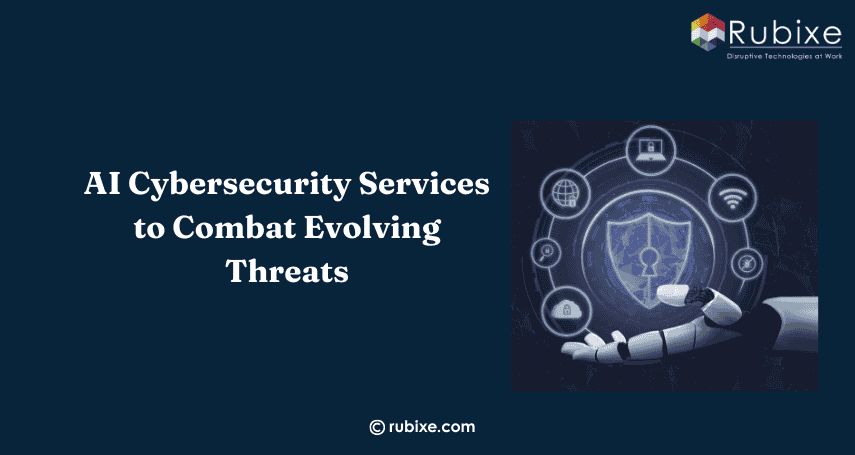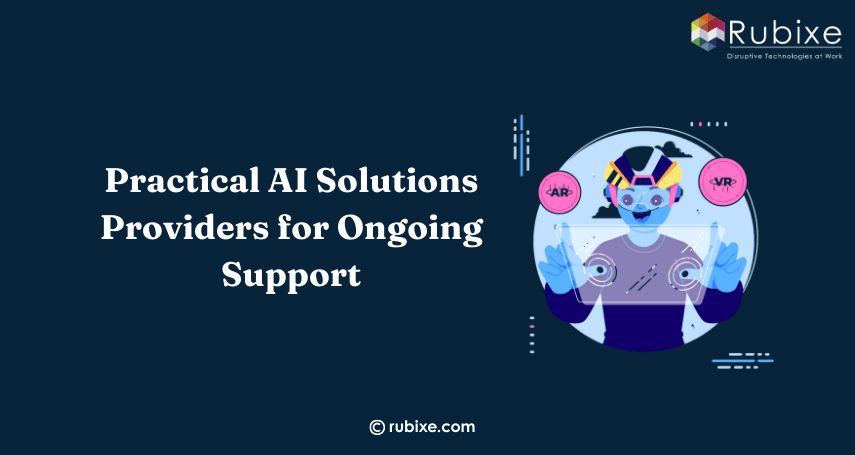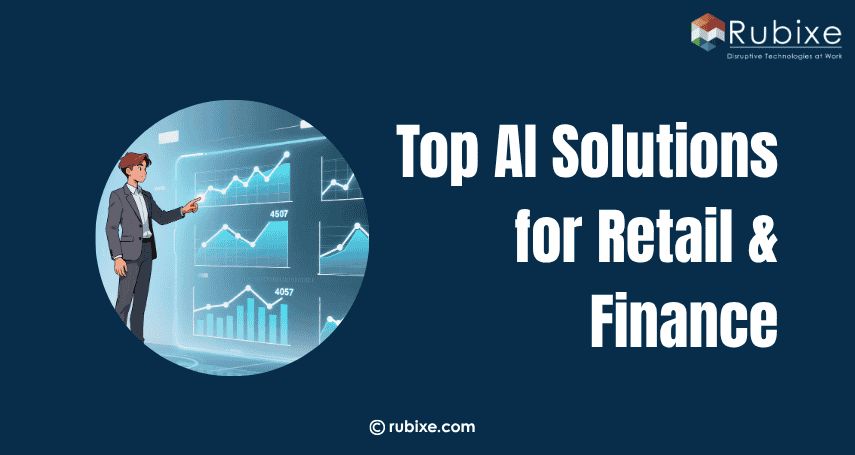Optimized Business Solutions Through AI Automation
Transform business efficiency through AI automation, expert AI consulting, and scalable AI services tailored for operational success and growth.
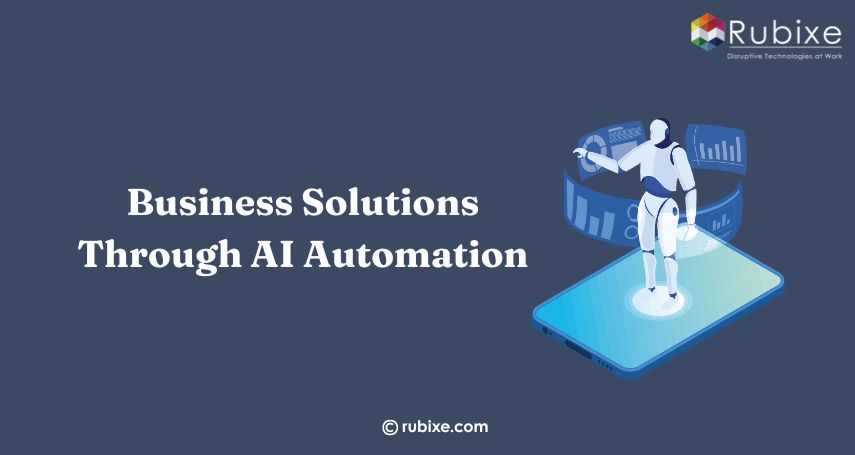
I was looking for a way to make things easier and more efficient in my work. That’s when I started using AI automation. It helped me save time, reduce mistakes, and get more done without extra effort. It’s been a useful tool for improving how I handle everyday tasks and keeping things running smoothly.
What Is AI Automation?
AI automation combines artificial intelligence with process automation to enable machines to make decisions, adapt to changes, and continuously improve without human intervention.
Unlike simple rule-based systems, AI automation learns from data, identifies patterns, and improves over time. This leads to smarter, faster, and more scalable business operations.
Key Components:
-
Machine Learning: Allows systems to learn from data and improve predictions over time. Used in forecasting, fraud detection, and personalized recommendations.
-
Natural Language Processing (NLP): Enables chatbots, sentiment analysis, and smart document handling by helping machines understand and respond to human language.
-
Computer Vision: Let's machines interpret visual data. Commonly used in quality control, surveillance, facial recognition, and inventory tracking.
-
AI-Driven RPA: Automates complex tasks with decision-making abilities. Ideal for data entry, invoice processing, and workflow automation.
-
Predictive Analytics: Uses past data to forecast trends and guide business decisions, helping with inventory planning and customer engagement.
-
Recommendation Engines: Provide personalized suggestions based on user behavior, boosting engagement and sales in apps and e-commerce.
-
Speech Recognition: Converts spoken words into text for voice assistants, transcription, and hands-free control.
-
AI in Decision Support: Assists in data-driven decisions by spotting trends and offering insights to support business strategy.
When supported by expert AI consulting, these technologies deliver targeted automation that aligns with your business needs.
Why Automation Is No Longer Optional
Using intelligent automation helps businesses work better. It saves time, reduces errors, and makes everyday tasks faster and easier. This means teams can focus on more important work and help the business grow over time.
Core Business Benefits:
-
Reduced Operational Costs: Automate repetitive tasks to save on labor and error correction
-
Faster Turnaround Time: Real-time responses reduce delays in customer service and logistics
-
Higher Accuracy: AI models ensure consistent outputs with minimal human error
-
Scalable Operations: Automation expands without the need for linear team growth
-
Better Customer Experience: AI responds instantly to queries, processes data quickly, and reduces friction. Whether in finance, healthcare, manufacturing, or retail, AI automation empowers businesses to operate with greater intelligence.
How AI Consulting Helps You Automate the Right Way
Automation isn’t just about plugging in tools—it’s about integrating intelligence across the value chain. This requires a strategic roadmap, data readiness, and continuous optimization consulting plays a vital role in helping businesses define and implement automation strategies that work.
What AI Consultants Do:
-
Assess Readiness: Evaluate systems, data quality, and workflow bottlenecks
-
Identify Use Cases: Prioritize automation opportunities based on ROI
-
Design Custom AI Solutions: Tailor automation to fit your unique environment
-
Deploy Scalable Systems: Use best practices for architecture, integration, and compliance
-
Monitor & Optimize: Ensure AI performance improves over time
By using Rubixe’s AI consulting expertise, you get more than automation—you get a pathway to operational excellence.
Popular AI Automation Applications by Industry
AI automation is reshaping how industries operate by making everyday processes faster, smarter, and more efficient. Here are some common applications across key sectors:
1. Healthcare
-
Medical Imaging: AI analyzes X-rays, MRIs, and CT scans for faster diagnosis.
-
Patient Scheduling: Automates appointment booking and reminders.
-
Claims Processing: Speeds up insurance claims and reduces errors.
2. Retail & E-commerce
-
Personalized Recommendations: Suggests products based on browsing and purchase history.
-
Chatbots: Handle customer service and FAQs 24/7.
-
Inventory Management: Tracks stock levels and predicts demand.
3. Manufacturing
-
Predictive Maintenance: Monitors equipment and prevents breakdowns.
-
Quality Control: Uses computer vision to spot defects on production lines.
-
Supply Chain Automation: Streamlines procurement and logistics.
4. Banking & Finance
-
Fraud Detection: Flags unusual transactions using machine learning.
-
Loan Processing: Speeds up document checks and credit evaluations.
-
Customer Support: AI-powered bots assist with queries and transactions.
5. Logistics & Transportation
-
Route Optimization: Finds the fastest, most efficient delivery routes.
-
Fleet Management: Monitors vehicle health and driver performance.
-
Demand Forecasting: Helps plan resources based on seasonal trends.
6. Human Resources
-
Resume Screening: Filters candidates based on predefined criteria.
-
Employee Onboarding: Automates document collection and training modules.
-
Sentiment Analysis: Tracks employee feedback and engagement.
7. Education
-
AI Tutors: Offer personalized help based on student performance.
-
Automated Grading: Speeds up the evaluation of assignments.
-
Content Recommendations: Suggests learning materials based on progress.
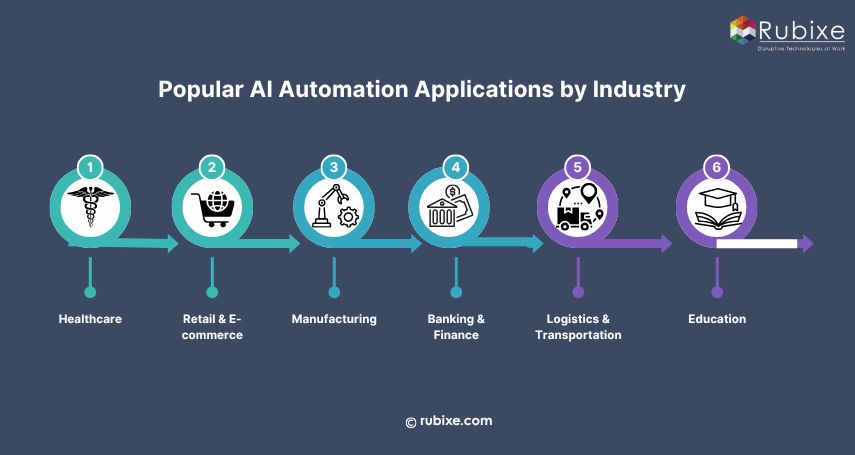
From Routine to Intelligent: Levels of Automation
Not all automation is the same. As your AI capabilities mature, so does the sophistication of your solutions.
Levels of Automation:
-
Rule-Based Automation: Simple task execution (e.g., invoice processing)
-
RPA with AI Enhancements: Bots that can "think" (e.g., read emails, extract insights)
-
Cognitive Automation: Context-aware systems that learn from interactions
-
Autonomous AI Systems: Self-improving and decision-making at scale.
Building a Long-Term Automation Roadmap
Automation isn’t a quick fix—it’s a long-term strategy. To scale AI successfully, businesses must align technology with goals while managing risk and change.
Key Steps in the AI Automation Journey:
-
Discovery & Planning: Set clear goals and check if your systems and teams are ready for automation.
-
Use Case Prioritization: Start with simple, high-impact tasks to show quick value.
-
Pilot Implementation: Run small tests to fine-tune tools and workflows.
-
Full Deployment: Expand to full operations, train staff, and integrate with existing systems.
-
Continuous Optimization: Keep improving by using performance data to retrain models and adjust processes
Why Partner with Rubixe?
Rubixe brings deep expertise in AI, automation, and digital transformation—backed by real-world results. Whether you're starting your AI journey or scaling enterprise-wide, partnering with Rubixe means
-
Proven Track Record: Successful projects across industries like finance, retail, and manufacturing
-
End-to-End Support: From strategy to deployment and optimization
-
Tailored Solutions: Customized AI tools designed to meet your business needs
-
Future-Ready Approach: Scalable systems built with long-term growth in mind
-
Skilled Team: A multidisciplinary team of data scientists, engineers, and domain experts
AI automation is changing how businesses operate, making work faster, simpler, and more accurate. By using the right tools and a clear strategy, companies can improve daily operations, reduce costs, and stay ready for future growth. With the right guidance, AI becomes not just a tool but a key part of building a smarter, more efficient business.
